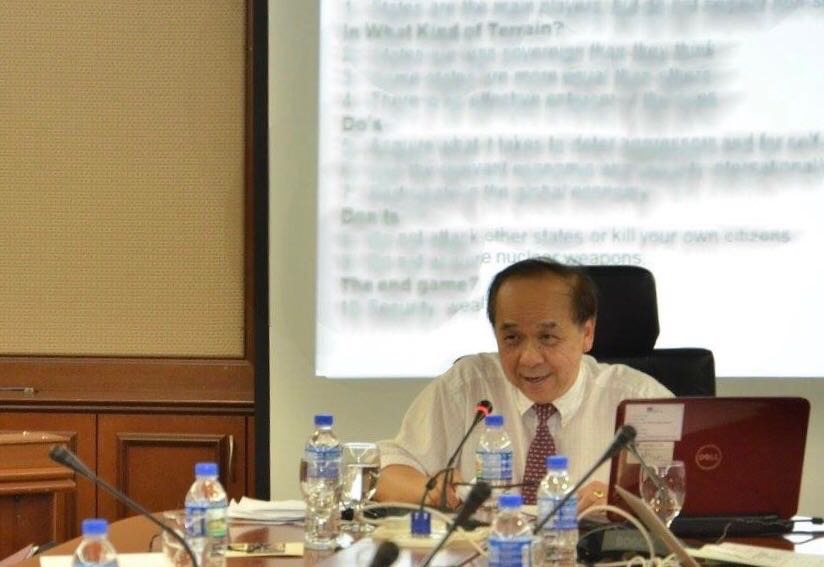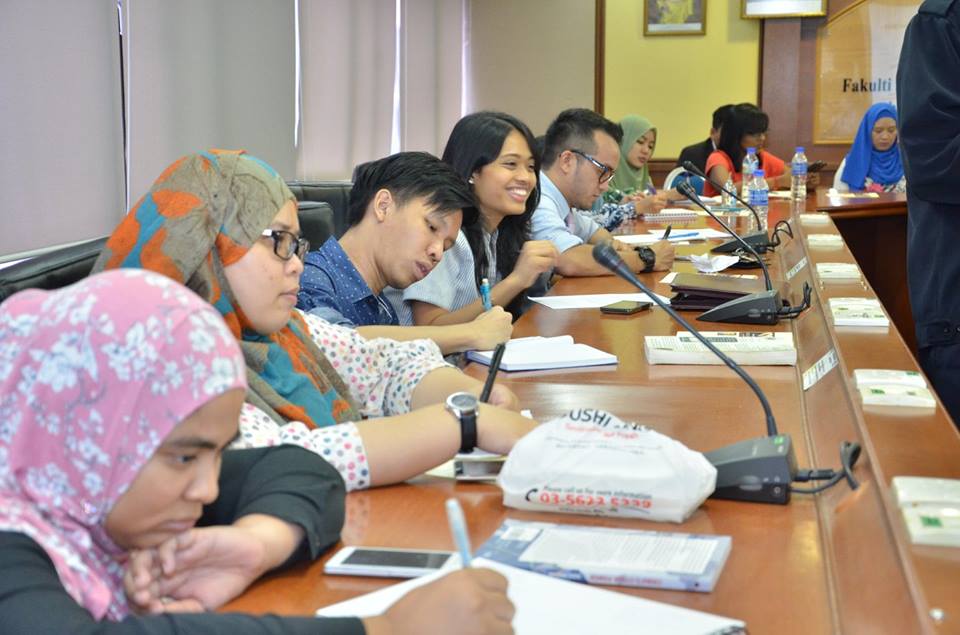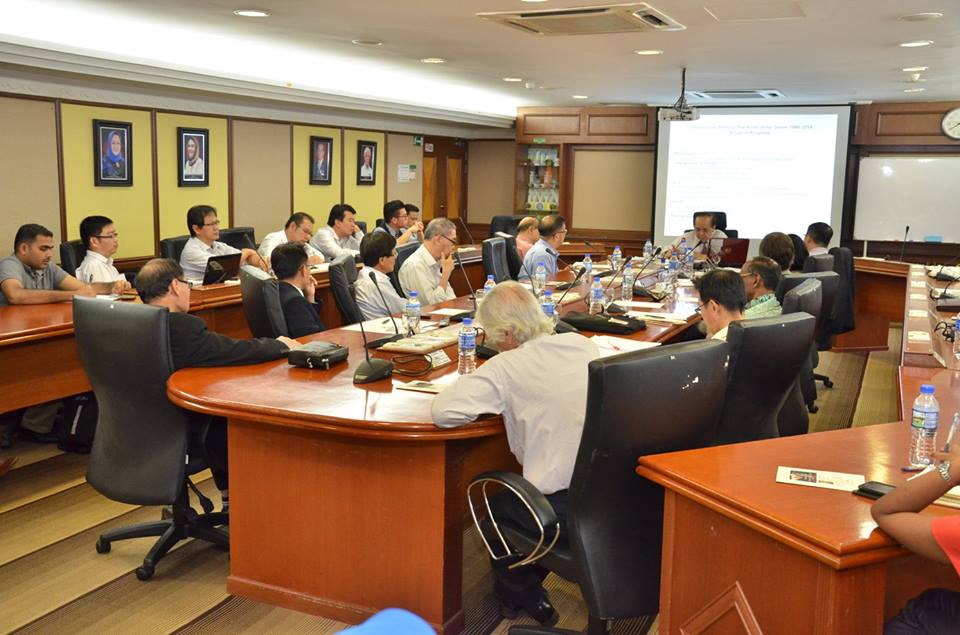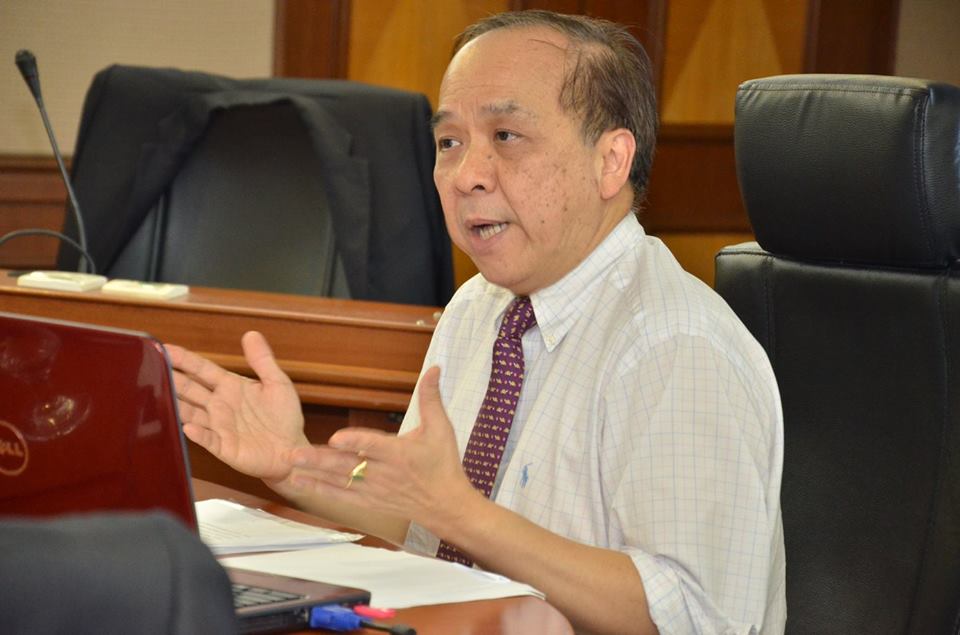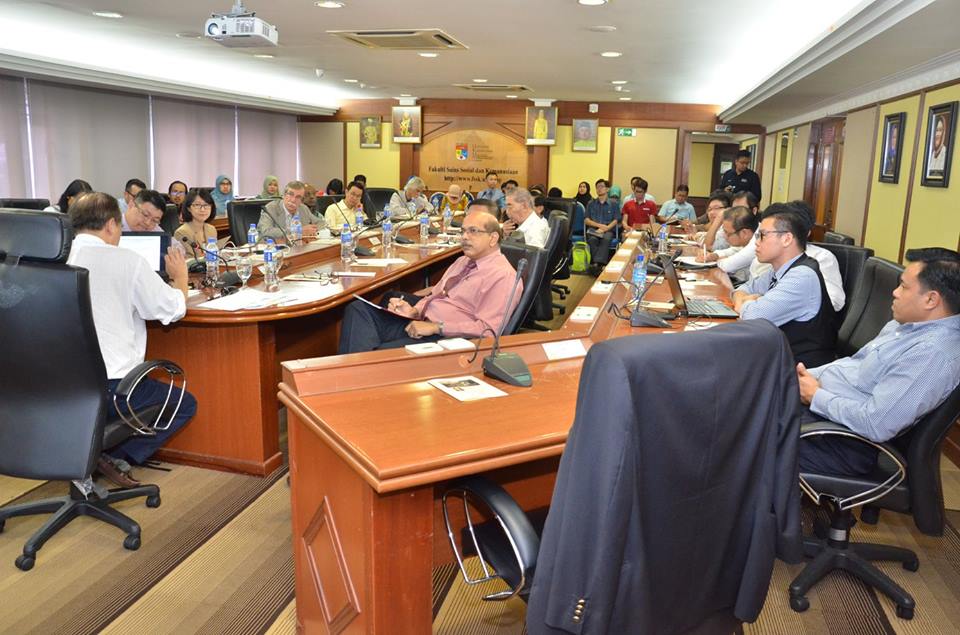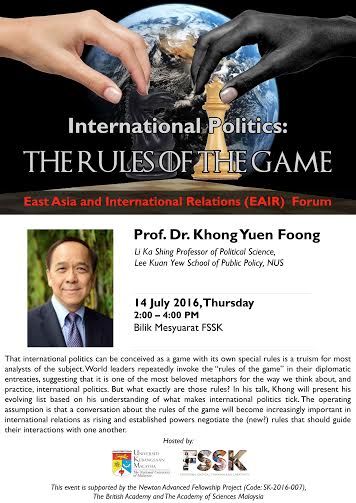
Professor Khong Yuen Foong
14 July 2016
That international politics can be conceived as a game with its own special rules is a truism for most analysts of the subject. World leaders repeatedly invoke the “rules of the game” in their diplomatic entreaties, suggesting that it is one of the most beloved metaphors for the way we think about, and practice, international politics. Consider for example, the European Council on Foreign Relations’ lament that “The problem for the West is one of fading power to set the rules of the game. We — Europe and the US — are no longer running the world and no longer have the means and power to set the rules of the game in international relations.” But what exactly are those rules? Can you list, on a single sheet of paper, the top ten rules of the international politics game? Khong could not, so he decided to research and write a short book about those rules. In his talk, Professor Khong will present his evolving list for discussion and debate. His list of the ten rules is based on his understanding of what makes international politics tick. The operating assumption is that a conversation about the rules of the game will become increasingly important in international relations as rising and established powers negotiate the (new?) rules that should guide their interactions with one another.
About the Speaker: Professor Khong Yuen Foong is Li Ka Shing Professor of Political Science at the Lee Kuan Yew School of Public Policy, National University of Singapore. He was formerly Professor of International Relations, and a Professorial Fellow of Nuffield College, Oxford University. He received his Ph.D. from Harvard University in 1987 and was Assistant/Associate Professor at Harvard University’s Government Department from 1987-1994. His Ph.D. dissertation was awarded Harvard’s Sumner Prize for the best dissertation on war and peace in 1988. His book, Analogies at War: Korea, Munich, Dien Bien Phu, and the Vietnam Decisions of 1965 (Princeton, 1992; sixth printing 2006) was co-winner of the American Political Science Associations Political Psychology Book Award (1994). He also received the Erik Erikson Award for distinguished early career contribution to political psychology in 1996.
He has held grants from the Social Science Research Council (New York)-MacArthur Foundation Program on Security in a Changing World, the United States Institute of Peace, and the (U.K.) Leverhulme Trust. A former Vice-President of the International Studies Association (U.S.A), 1999-2000, he has also served on the Social Science Research Council-MacArthur Foundation Committee on International Peace and Security. His research interests include United States foreign policy, the international relations of the Asia Pacific, and cognitive approaches to international relations. Recent publications include “The American Tributary System,” The Chinese Journal of International Politics (2013) and “The United States Response to China’s Rise,” International Security, (2013/2014). He is currently working on two long term projects, International Politics: The Rules of the Game and The American Tributary System.

